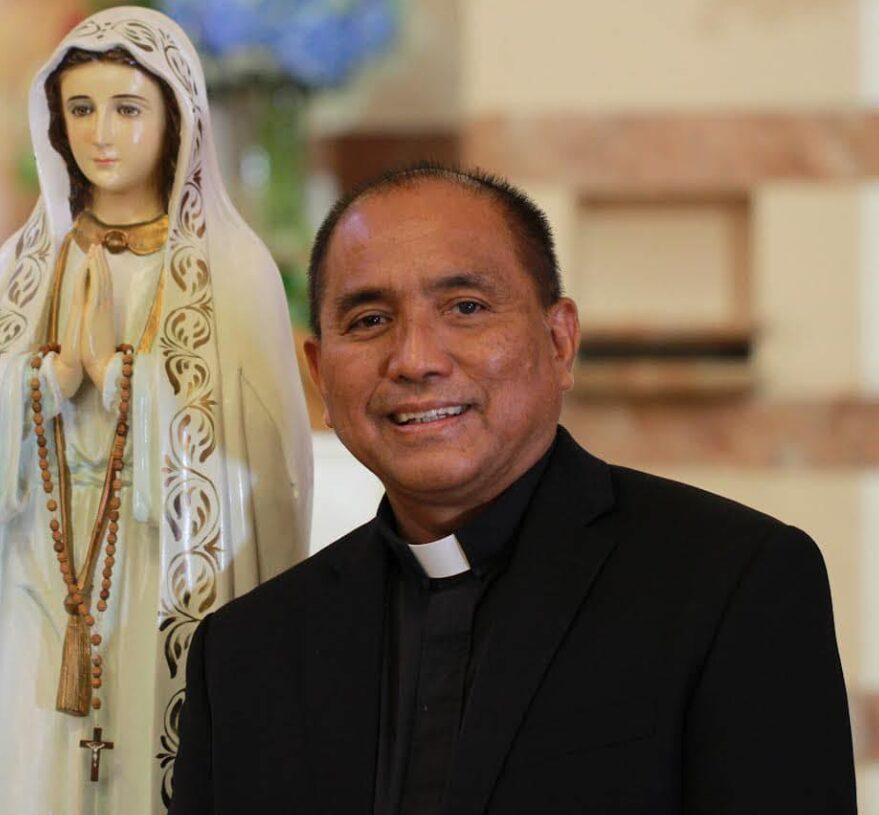“What is man that you should be mindful of him, or the son of man that you should care for him? You have made him a little less than the angels and crowned him with glory and honor. You have given him rule over the works of your hands, putting all things under his feet.” (Psalm 8:4-7)
This is one of my favorite psalms because it speaks to God’s profound regard for us, human beings, elevating us above all other creatures and making us His most magnificent masterpiece. It defines our purpose: we are created to partner with God in caring for the world He entrusted to us, preserving, protecting, nurturing, and sustaining it. In his encyclical Laudato Si’, Pope Francis reminds us of this fundamental vocation—to be “protectors of God’s handiwork.” This role is essential to a life of virtue, not merely an optional or secondary aspect of our Christian experience.
This foundational vocation extends beyond merely taking care of our “common home,” this earth; it also involves caring for our fellow human beings whose lives are threatened. As Pope Francis stated, “Care for creation must stand together with care for the poor” (Laudato Si’, 8).
In recent days here in Los Angeles County, the news has reported individuals arrested by federal agents for allegedly being undocumented immigrants, with some being separated from their families. Regardless of our political views on immigration, it is hard not to feel the pain and anxiety of those whose lives have been disrupted by these raids. We must put ourselves in their shoes. While some argue that certain individuals are criminals and must be deported, I acknowledge this point; however, we must also uphold the due process of the law.
It is important to recognize the stance of the Church on the issue of mass deportation. While acknowledging a nation’s right to regulate its borders, the United States Conference of Catholic Bishops (USCCB) contends:
“Deportations and other enforcement actions should always be carried out with due regard for families, community ties, and religious liberty interests. Immigration processes, whether affirmative or defensive, must also be subject to due process. The dehumanization or vilification of noncitizens as a means to deprive them of protection under the law is not only contrary to the rule of law but also an affront to God Himself, who has created them in His own image.”
Moreover, the U.S. Conference of Catholic Bishops has long supported comprehensive immigration reform that provides pathways to citizenship, protects asylum seekers, and promotes family unity. Their consistent advocacy aligns with the Church’s broader mission of social justice and protection of the vulnerable.
Let us ask the Holy Spirit to guide our President, the Senate, the Congress, and all lawmakers in finding just solutions to our nation’s immigration issues. Let us also pray for our local governments in Los Angeles and California as they continue their fight for justice and peace in our cities and state.
As we celebrate our parish Carnival this weekend, coinciding with Father’s Day and the Solemnity of the Most Holy Trinity, let us be instruments of reconciliation, unity, and peace here in the City of Glendale. May we extend kindness to our neighbors and foster deeper connections among all of us, the residents of Glendale.
Enjoy the Carnival!
Your loving pastor,
The opinions, beliefs and viewpoints expressed by the author do not necessarily reflect the opinions, beliefs and viewpoints of the Asian Journal, its management, editorial board and staff.
* * *
Fr. Rodel “Odey” Balagtas is the pastor of Incarnation Church in Glendale, California




